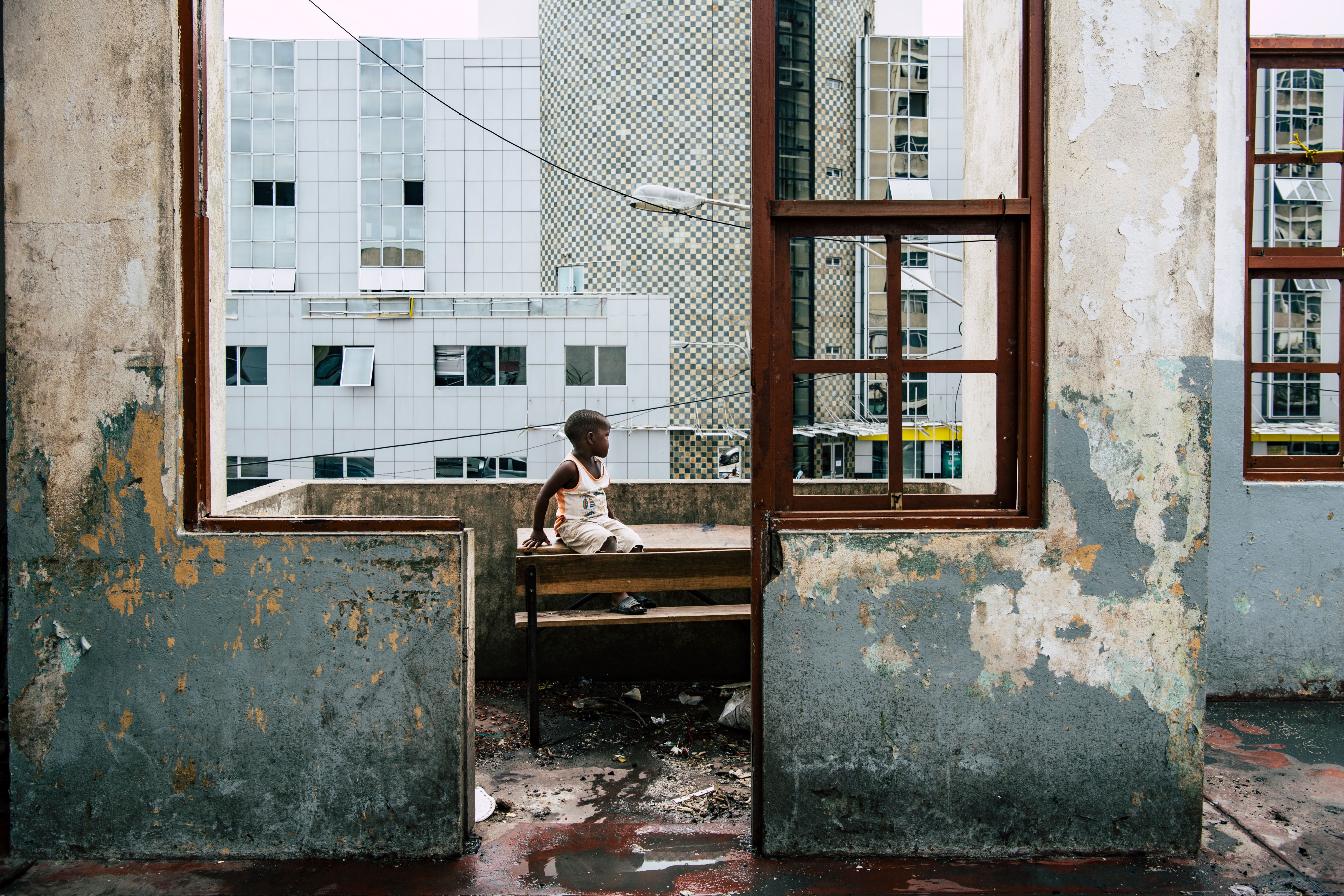
Alissa Everett is a woman who has spent her life capturing strikingly beautiful images of humanity flowering amongst the ruin and wreckage that our species so often self-inflicts via war, abuse and, in the case of our increasingly aggressive climate, woeful neglect. And while the California-born documentarian has travelled alone in what are widely regarded as some of the most dangerous and war-torn places on the planet, from the likes of The Democratic Republic of Congo, to Syria, Iraq, Gaza and Afghanistan, the eye of her lens stands as testament not to the horrors of war, genocide, sexual violence and environmental catastrophe, but rather to the indomitable nature of the human spirit, and those chinks of light that shine so brightly through pitch-black darkness. Her solo-show Covering Beauty, showing at the European Cultural Centre, Venice, until November, provides the viewer with a rare opportunity to step outside of all too readily prescribed socio-political narratives, and witness hardship and conflict through a prism of strength, hope and empathy – one that suggests that we are all, in fact, quite extraordinary everyday people. Here, the Kenya-based image-maker, and founder of the non-profit organisation Exposing Hope, who counts the likes of UNHCR, Time Magazine, UNICEF and The Gates Foundation amongst her many clients, speaks to Culture Collective about our species reaching the zenith of global inequality, and the art of capturing grace in the face of human tragedy.
What would you say drives you creatively, and how would you define beauty?
I just have that wandering adventurous spirit. I'm curious about the world, and I'll be out travelling and learning till the day I die. Someone said to me very early on in my career, figure out what you want to say about the world and how you want to say it. The way I’ve always wanted to say it has been through photography, and I think I'm quite fortunate in that I see beauty everywhere I go. It sounds cliché to say that beauty is in the eye of the beholder, but I think that's what my work is really about. If one is looking, then one can find beauty in human dignity, or courage, everywhere – but so often when we look at our record of the world, all we see is horror.
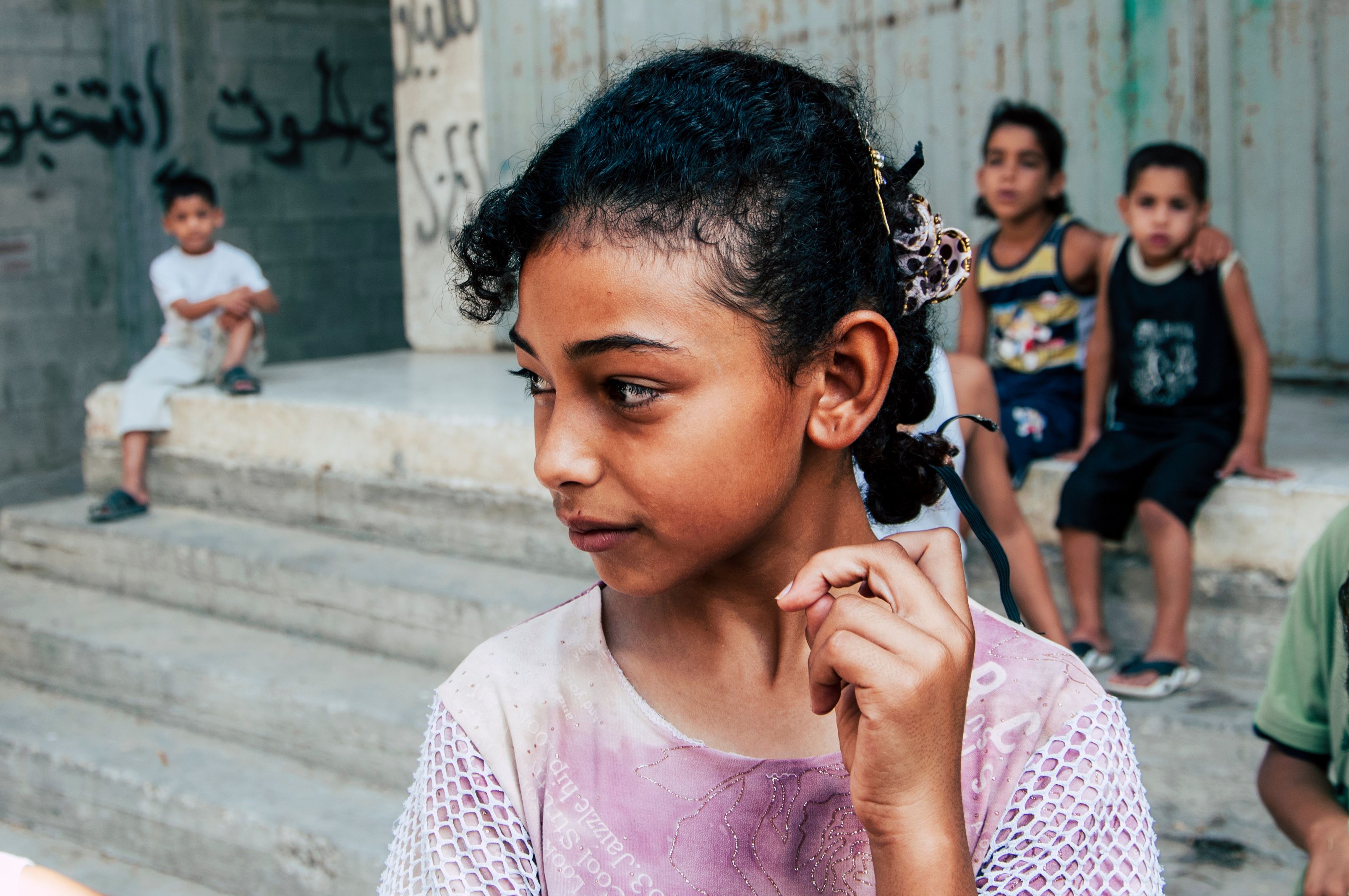
Do you think that is politically motivated to some degree?
We certainly have this global consciousness that's formed by the news media agenda, and there's no contrary messaging going on. Don't get me wrong. It's important to photograph the terrible things that are happening in the world, for so many reasons. But I believe it's also important to photograph what good is happening at the same time. And what I hope for, really, is that, when I’m gone, these images will exist as records of the life that was happening at the same time. It feels almost like a responsibility to represent the places that I've been, and the people that I've encountered, and say to my own people, actually, you don't know what you're talking about when you say, for example, that all Iraqis hate us. Let me share with you some of the stories that I've come across. Let me show you some of the images. In fact, when I first got back from Iraq, I did an exhibition that had not a single image of war or of soldiers, and people were completely blown away by the fact the images had nothing to do with war.
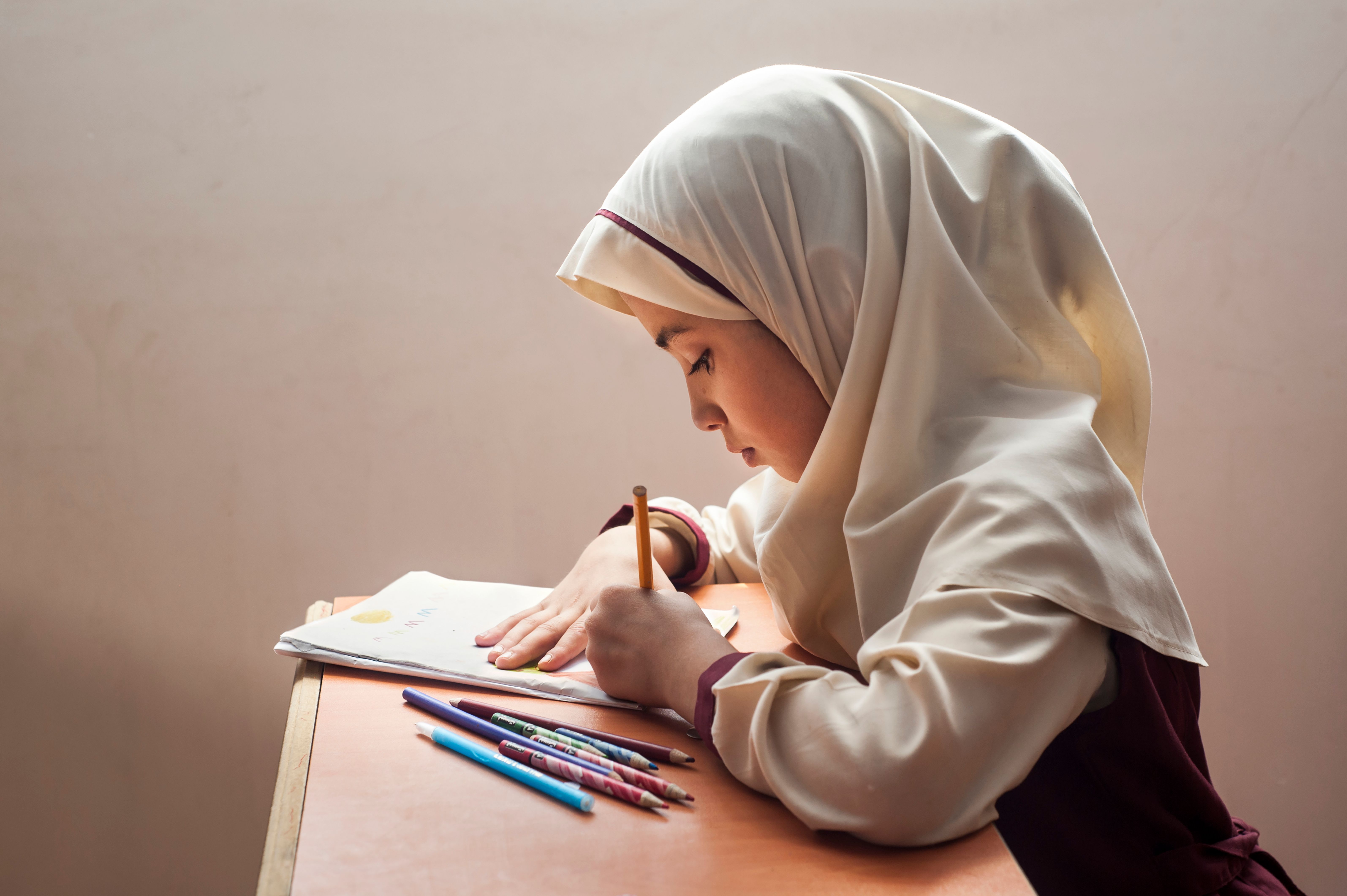
You must have seen some of the most heart-breaking human experiences – do you ever feel overwhelmed or depressed when you are shooting?
I think you learn after some time to focus on making the most powerful images that you can with respect to the people that are experiencing what they're experiencing, but afterwards sometimes you just can't take it all in yourself. I definitely have my moments where I go home and cry, there's no doubt about it. But over the years, I've learned to separate myself a bit from that. Sometimes I actually find that I am more depressed the more distance I have from what's happening – if I'm at home reading news about something versus being in that place at that time. In my work, I can always find those moments of hope, incredible compassion and generosity of spirit, and that is always uplifting for me – no matter where you turn, you can always find incredible feats of self-sacrifice and generosity. So, the more time I get to spend in the world, the better I feel about the world. The more time I spend behind my desk reading about it, the more I feel disconnected from what's happening. And I feel like I can't quite get my head around how the world is being reported to me, because when I get there, a whole different landscape opens up.
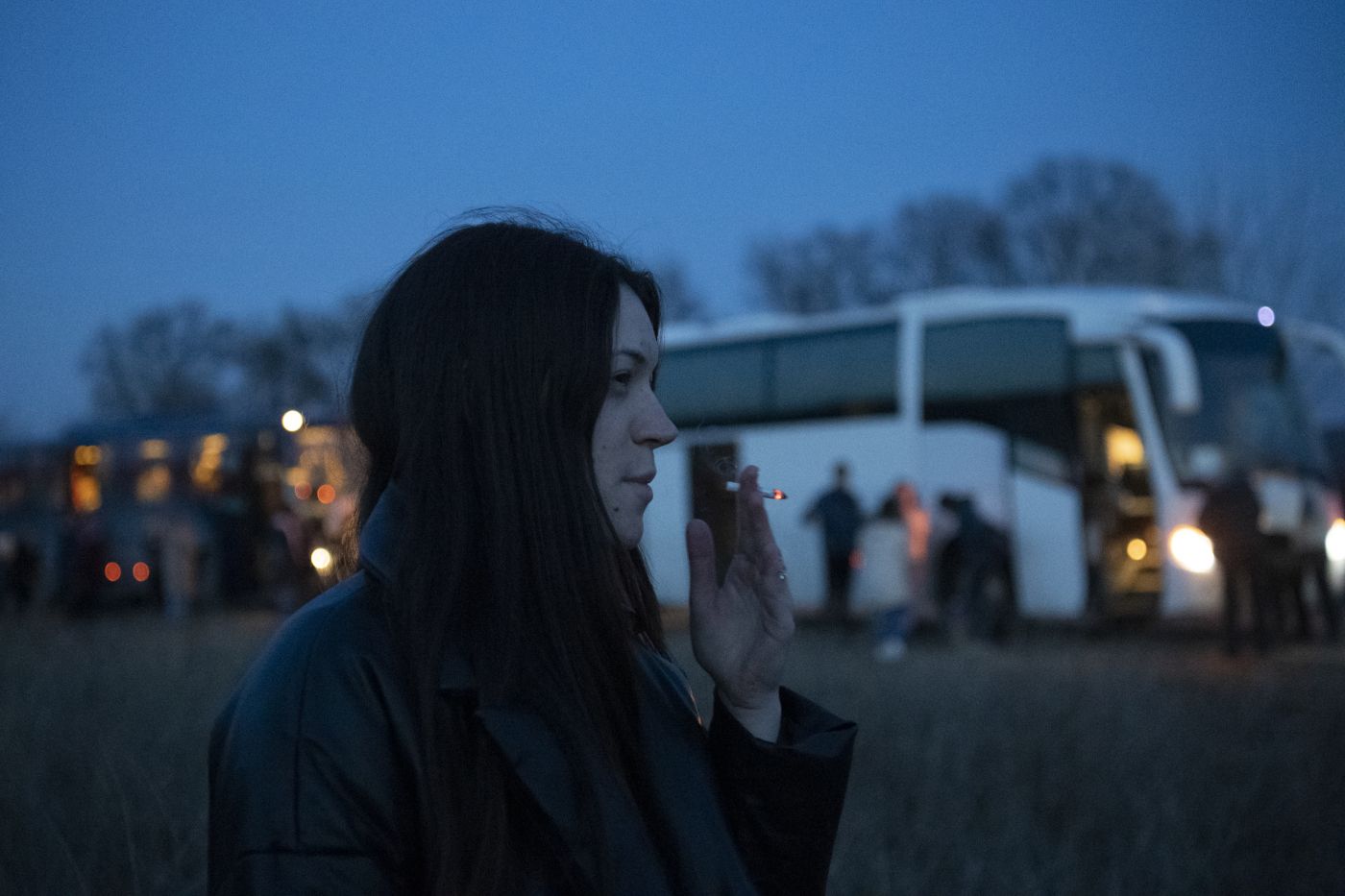
Do you feel there is a common humanity that transcends both politics and national boundaries?
Absolutely. I think in most of the world, we don't feel represented by our governments. I come from a place where we're meant to feel represented by our government, but I frequently don't feel represented in terms of its actions, policies and rhetoric. I realise now that most of the world feels exactly the same. We as Americans have this idea that we are meant to be represented by our government, but in most of the world, people don’t even have that expectation. And, what I've often found when I go places, is that people don't mind that I'm American at all. We might end up having a conversation about politics, or what's happening, and they will all ask me how I feel about something, but nobody cares whether I'm American, or not.
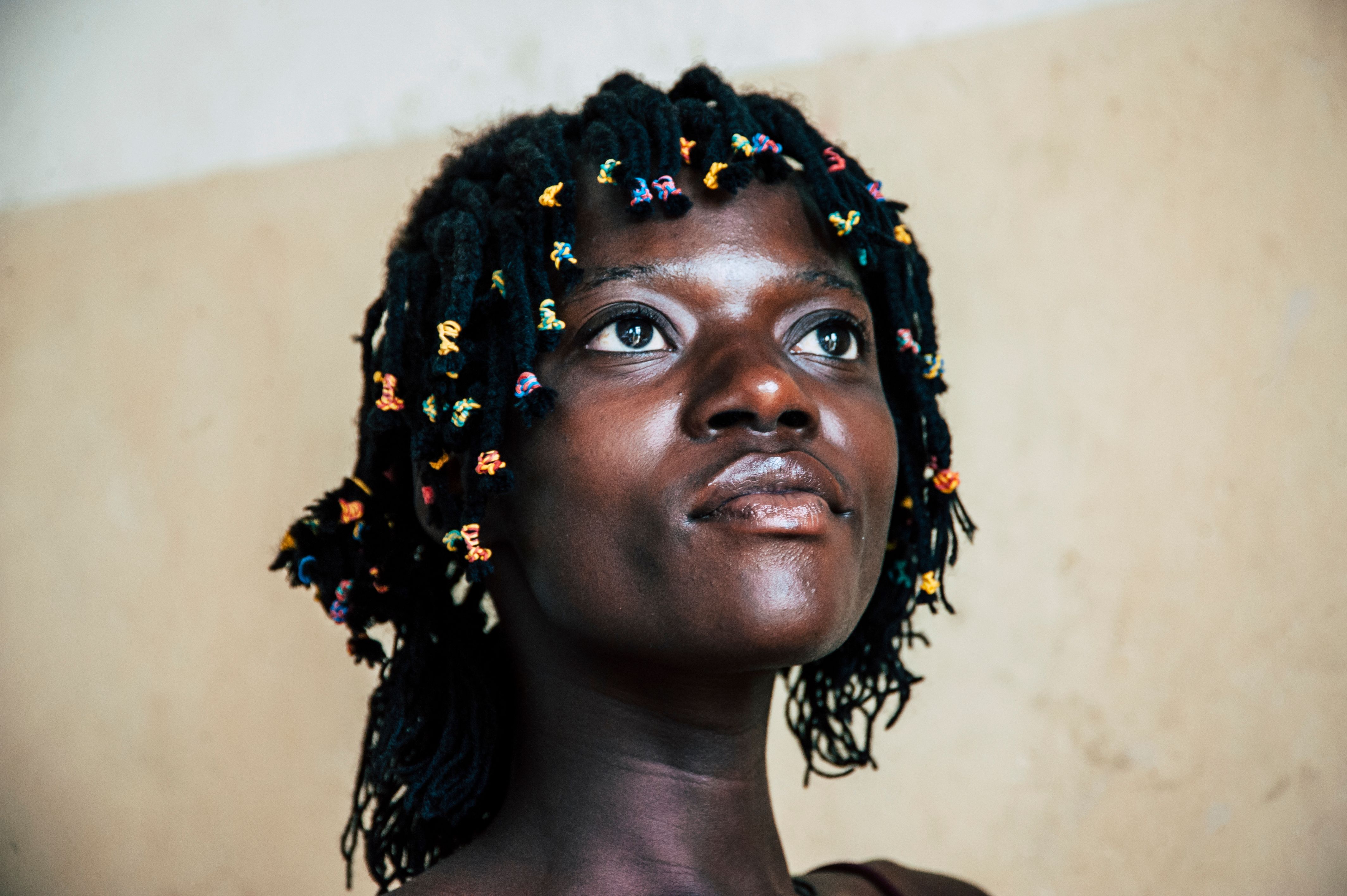
You’ve seen real poverty. Do you think we are at the zenith of global inequality at this point in human history?
I'm not an economist, and I wouldn't profess to be one, but I do think we're seeing inequality now, unlike inequality in any time we've ever seen before. I mean, we have private individuals spending billions on space rockets. There is a perception in the world that growth is the ultimate metric for success, but, of course, it's just impossible for every company, and every entity, to continue growing forever. In just the same way that it's impossible for our population to continue growing forever. There has to be some sort of limit, but yet all of our financial markets rely on growth as a core metric. You just have to look at Amazon. How does Amazon continue to grow, and grow, and grow … what does that look like in the future? And what does it even mean? It's just about making money. I think that there has to be some sort of rebalancing, but I don't know what that looks like, or how that happens.
Below Alissa discusses the images in this article:
School After The Cyclone:
This was shot in Mozambique, just after Cyclone Idai. I was photographing for UNHCR, and this school was near to an area that was one of the most highly impacted. Most people had lost their homes, and they had run to this school, which was a more structured building to hide in. During the night the roof had been torn off, and when I went in there, it was was a de facto shelter for thousands of people who had lost their homes. We were about three or four levels off the ground, and this little boy was now living in the school that used to be his school. He was just sitting, watching the world go by below, and who knows what was going on in his mind. He was sat there dreaming, among all this destruction.
Childhood Interrupted:
I was in Gaza for the first time when I shot this, and Gaza was completely life-changing for me. I find Gaza one of the most difficult places to wrap my head around – there’s not anyone there who hasn't experienced trauma, or been a part of some sort of violent incursion by the Israelis. There is no real hope, and there's no sense of a future. But even in a place like that, you see these kids who are out on the street playing, but playing in a way that you don't ever see in other places, because in other places the kids are going to school, and thinking that if they study really hard, then they might one day get out. In Gaza, you don't have that sense at all. In Gaza all of the kids look like they're so much older than they are, and like they've been through far too much at their age. Their eyes are old, and that is what this image is about for me. The gaze of this little girl, who is still getting up and putting on her beautiful pink dress, and going out and playing in the street, but with this energy that is much older than her years.
Noora Studies:
This one was shot in Afghanistan. I was photographing with an organisation called The Afghan Institute for Learning, which is headed up by a woman called Dr Yacoobi, who’s just an incredible powerhouse. She actually started teaching under the Taliban, and obviously once the Taliban lost power she was able to grow the organisation, and do much more. I actually just had a call with her a couple of weeks ago about going back in to see what things now look like, under the Taliban again. This was an image I made in one of her schools for her. The little girl was so intent on her work, and so young. That innocence of her, and the intent with which she was focusing on what she was doing, just spoke volumes to me about Afghanistan, and how much kids appreciate education when they're able to get it.
Tanya, Cigarette Break:
I took this image as refugees from the south of Ukraine were coming across the border into Moldova. Nobody felt safe. Everybody felt that if Ukraine fell, then Moldova would be attacked next. I actually travelled with the refugees on buses, just to document and hear stories about where they were from. This woman was from the Odessa region, and she was traveling alone. She was heading to Spain, because she thought maybe that's where people could get jobs. The image was taken in this kind of lovely moment where she was pausing from a conversation. It was the middle of the night, and, you know, to me the image speaks to that timelessness that becomes your life when you're a refugee – you don't have anywhere you're going, and you don't have anywhere to go back to. There is no time anymore.
Margaret, Survivor, Counsellor
Some of the most horrific stories I've ever heard have come from the Congolese women I've met, and it's been a challenging place to work because of the types of stories that are relayed. My partner is in the Congo with HEAL Africa, and that's who I was doing work with when I took this image. We were building some safe houses for survivors of sexual violence, where women in rural areas could get post-exposure meds, and meet a community of women who had also been through that type of experience. Because, as we know, when there are no professionals around, the next best thing is to talk to other people who've been through something similar. Margaret is one of the most incredible women that I've ever met – she had been through some of the worst things imaginable, and had still found the strength to stand up and support her fellow women.
Covering Beauty is showing at The European Cultural Centre, Venice until November 27, 2022. Find out more at alissaeverett.com
Images (Top to Bottom): School, After the Cyclone, Beira, Mozambique, 2019; Childhood Interrupted, Gaza, Palestine, 2012; Noora Studies, Herat, Afghanistan, 2013; Tanya, Cigarette Break, Moldova, 2022; Margaret, Survivor, Counsellor, Democratic Republic of Congo, 2008